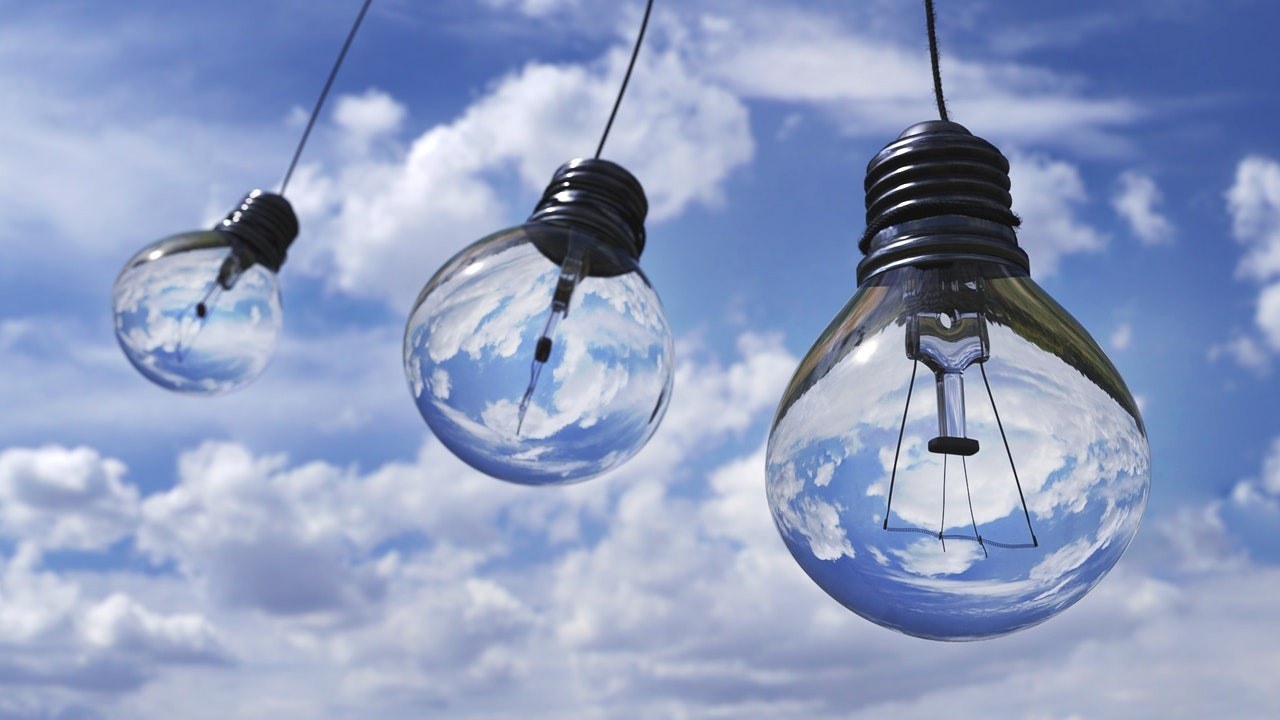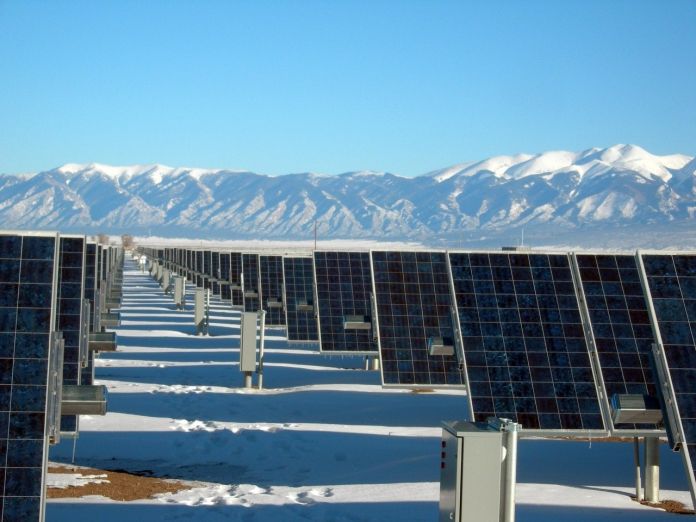We’ve used the sun as an energy resource for thousands of years. Our ancestors planted crops in sunny areas and worshipped this star as a god. Now, we’ve found new ways to harness the power of this glistening beam of light that shines in the sky.
Without question, the sun is the most powerful energy resource that we have seen. Even though we can gather only a fraction of the power it emits, there’s a lot of optimism about the future. At the moment, solar panels have a 15 to 20 percent efficiency level, and a startup company increased that number to 83 percent. Click here to read more.
We will be able to gather most of the energy that comes to us for free shortly. Additionally, this power source is beneficial for both private and the environment. However, just like anything in life, there are pros and cons.
Even though more families adopted this new green way of life, some got burned in the last wave of expansion. Nowadays, pricing is becoming more competitive, making these devices affordable for everyone shortly.
What Are The Advantages?
First of all, solar is entirely renewable. You don’t need to burn any oil, gas, or coal. It can be used anywhere globally, except where it’s always cloudy and the night lasts longer than the day. Unlike fossil fuels, we can’t run out of solar power.
Light rays will keep hitting our planet for more than five billion years. Instead of getting all your power from the grid, a single panel can fulfill some of your demands. Switching to this greener alternative will save money on your electricity bills.
Of course, the amount you save will be determined by the size of the system you install and the energy you use during the month. However, this could be an energy loophole if you run a business. When you’re running a business, transitioning to commercial solar panels can cover many of your expenditures. You can go to energieversum.de to read more.
There are many benefits to using solar energy. There are no harmful emissions from solar energy, a renewable resource. Compared to other energy sources, it is less expensive and more versatile. Solar technology has been around for a while and is now used more than ever. Solar energy’s main drawback is that not everyone can use it, requiring specific conditions to be effective. Generating leads for solar companies and making a profitable business can also be challenging.
Read more: Why You Should Read Blogs About Sustainable Energy

What’s more, you can apply for the Smart Export Guarantee, where you can get reimbursements if you provide energy to the grid. This means that instead of paying bills, you’ll be earning money. There’s also no need for maintenance since you only need to clean them. A couple of times a year would be more than enough, or you can hire a service to perform this service.
Usually, the costs are between 20 and 30 dollars, so it won’t drain your wallet. Most reputable companies give you a guarantee of 20 years, which is incredible. Since there are no moving parts, there’s nothing that can break. The only thing that can break is the inverter, which works all the time.
However, these devices last between 5 and 10 years, so you have nothing to worry about. You won’t need to pay extra for care when you install the system. Of course, needed wiring maintenance guarantee optimal efficiency.
Read more: Are Solar Panels Worth Your Consideration?
What Are The Disadvantages?
One of the most significant disadvantages is the price. Getting an entire system that includes installation, wiring, batteries, inverters, and panels will cost you a couple of thousand dollars. However, this will improve according to the improvement of technology. Therefore, prices can decrease in the following years.
The second disadvantage is that they’re dependent on the weather. Even though you can get some electricity on a rainy day, their efficiency reduces. To collect energy from the sun, they need direct sunlight.
Next on the list is the storage option. Electricity can only be stored in batteries, which are expensive. They’re primarily in off-grid systems, where you charge them in the daytime and use them at night. Another major disadvantage is the night when you’re getting zero power.
It will be incredibly costly if you want this method to disconnect from the grid. In most circumstances, it’s more cost-effective to utilize solar during the day and take power from the grid at night. Fortunately, almost all families spend more energy during the day than at night.
Furthermore, these devices take up a lot of room. If you want more power, you’re going to need more panels. Some roofs are not big enough to accommodate the quantity you plan to use. The next best thing is installing them in the yard, but that would need to be a place with a lot of sunshine. If you don’t have the room, putting in fewer will still meet some of your demands.
Final Words
Finally, there’s the whole issue of pollution. During the manufacturing process, several hazardous ingredients and toxic gasses get emitted. This has an indirect impact on the environment. However, this is the best option we’ve got at the moment. It’s still minuscule compared to the other types of energy generators we have. The efficiency is only going to keep improving.



















